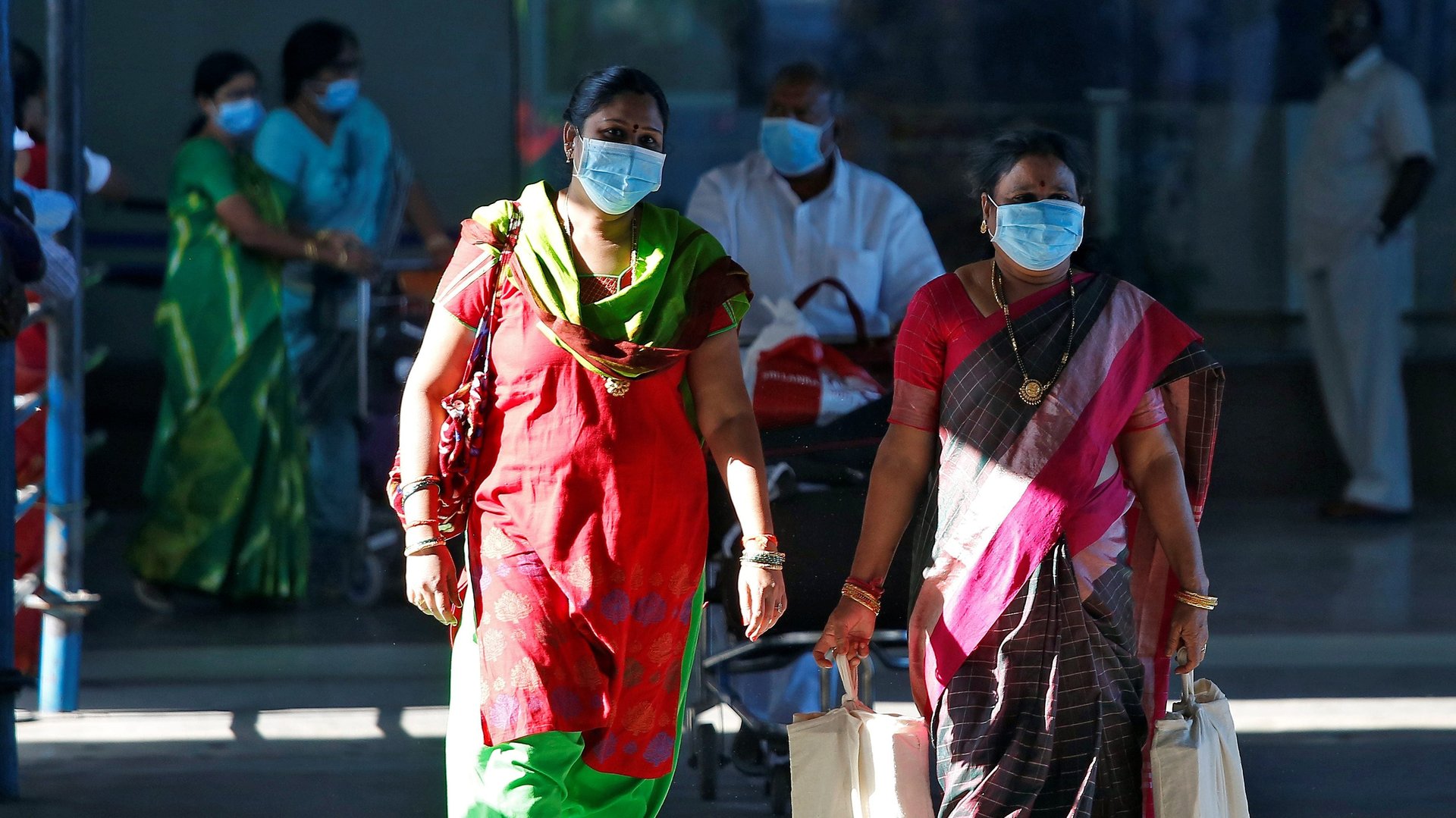Many Indians still think coronavirus was either engineered in a lab or came from bats
Indians are finally beginning to take the global Covid-19 contagion seriously.


Indians are finally beginning to take the global Covid-19 contagion seriously.
So far in the country, there have been six confirmed cases of the disease caused by the novel coronavirus.
Over 70% Indians recognise it as a serious risk, though some are unsure of the facts, showed a survey conducted by GOQii, a smart-tech-enabled preventive health care company. Some, for instance, did not know whether there is a cure yet for the deadly flu that has killed over 3,000 people across the globe, mostly in China. Currently, there is neither a cure for nor a vaccine against Covid-19.
Early misinformation and rumours about the virus being cultivated in labs also seem to have stuck with Indians, as does the disease’s alleged origins in bats and pangolins. While coronaviruses are generally found in a variety of animals, the animal-to-human origin of the novel coronavirus has not been established yet.
Prevention > cure
Indians displayed a high degree of awareness of what they could do to prevent its spread. The most effective—and basic—act of washing hands came out top.
Since its spread seems to be happening via travellers mostly, many Indians said they would cancel all travel plans to stay safe.
Collateral damage
While these are still early days to estimate the economic cost of Covid-19, several Indians claimed it had badly hit businesses.